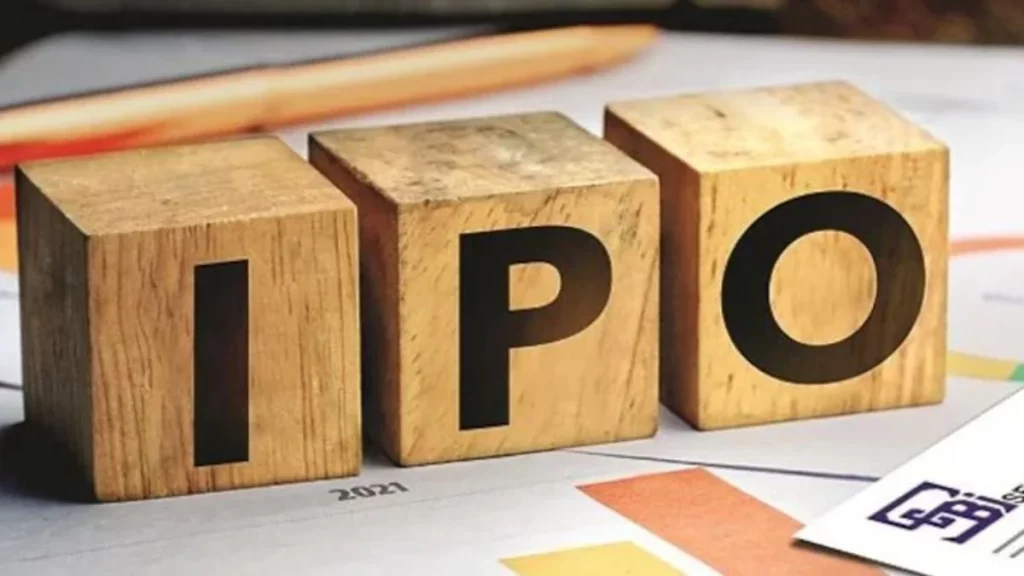The capital market regulator SEBI has approved Bharat FIH, a Foxconn Technology Group unit, to undertake a Rs 5,000 crore initial public offering (IPO). The public offering consists of a fresh issue of shares worth Rs 2,502 crore and an offer-for-sale by promoter group and Foxconn unit Wonderful Stars worth up to Rs 2,502 crore.
Bharat FIH gets SEBI’s Approval
In December 2021, the business submitted a draft red herring prospectus to the capital market regulator. Bharat FIH is a company that manufactures and assembles Xiaomi phones in India.

Kotak Mahindra Capital Company, Citigroup Global Markets India, BNP Paribas, and HSBC Securities and Capital Markets are the book-running lead managers for the issuance (India). While KFin Technologies is the issue’s registrar. Qualified Institutional Buyers (QIB) will receive 75% of the shares in Foxconn’s India business, while Non-institutional Investors would receive 15%. (NII).
Only ten percent of the offering would be available to ordinary investors. Bharat FIH will join the ranks of Dixon Technologies (India) and Amber Enterprises India if it is successfully listed on the BSE and NSE. According to DRHP, the average industry peer group P/E ratio was 168.82x.
Plans to Raise Funds and Invest
Bharat FIH intends to use the cash raised through the new issuance to meet the company’s capital expenditure requirements for upgrading and expanding its existing campuses.
The company also intends to invest in its subsidiary RSHTPL to support capital expenditures and working capital requirements. According to the company’s DRHP, Xiaomi, a Chinese mobile phone OEM, accounts for the majority of its revenue.

Bharat FIH, Flextronics, and Dixon, according to DRHP, have already begun EMS for some of the world’s most well-known brands, including Xiaomi, Apple, Motorola, Lenovo, and others. Local EMS capabilities in terms of product assembly, packaging, and some companies, such as Dixon, enabling reverse logistics for mobile phones, make EMS/ODM for local assembly an appealing option for OEMs.
Production costs rise as logistics and raw material costs rise, putting OEMs at a disadvantage. OEMs will resort to EMS/ODM suppliers for a complete end-to-end solution as a result of this.
Read: Apple explain why Stage Manager is only Available with M1 iPad Models


